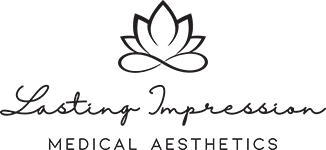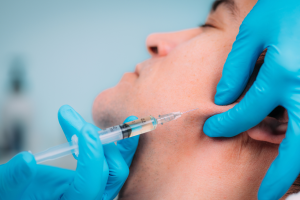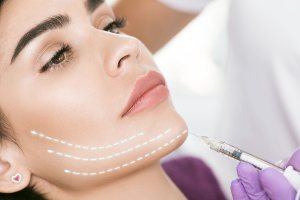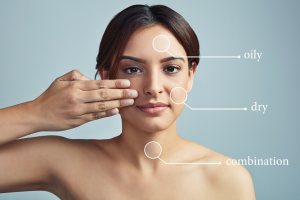One essential protein that gives our skin, bones, muscles, tendons, and ligaments their structural integrity is collagen. Our bodies produce less collagen as we get older, which causes a variety of aging symptoms like wrinkles, sagging skin, and stiff joints. As we age, it becomes even more important to build collagen and prevent further loss.
What is Collagen?
The most prevalent protein in human bodies, collagen serves as a basic structural component for many different types of tissues. It gives our skin flexibility, shape, and strength, giving it a youthful, vibrant appearance. Collagen is also necessary for strong nails, hair, and the connective tissues that bind our joints together.
Amino acids such as glycine, proline, hydroxyproline, and arginine make up this protein. Collagen’s unusual structure, which consists of triple helix chains, gives it extraordinary strength. Although there are many varieties of collagen, types I, II, and III make up the bulk and each has a specific function in a variety of bodily tissues.
The Role of Collagen in Aging
Collagen production begins to decline as early as our mid-20s, and the rate of decline accelerates as we move into our 30s and beyond. This reduction leads to a loss of skin elasticity, causing wrinkles, fine lines, and sagging. Additionally, it affects joint flexibility and can contribute to conditions like osteoarthritis.
As collagen diminishes, our nails become brittle, and our hair loses its shine and strength. Injuries and joint pain become more common, and the healing process slows down due to decreased collagen support for tissue repair.
Why Should We Pay Attention to Collagen as We Age?
Paying attention to collagen and taking steps to support its production and maintenance as we age is essential for several reasons:
- Skin Health: Collagen increases the suppleness and hydration of the skin, which minimizes wrinkles and gives the complexion a more youthful appearance.
- Bone and Joint Health: Collagen helps to keep bones and joints strong and flexible, which lowers the chance of fractures and joint discomfort.
- Hair and Nails: Adequate collagen levels support healthy hair and nails, preventing brittleness and promoting growth.
- All-Around Well-Being: Collagen promotes the health of different body tissues, which enhances general well-being and life quality.
How to Support Collagen Production
There are several ways to support collagen production and ensure its optimal levels in the body:
- Diet: Consuming a diet rich in collagen-boosting foods like bone broth, fish, chicken, eggs, and fruits and vegetables high in vitamin C can help support collagen production.
- Supplements: Collagen supplements, available in various forms like powders, capsules, and liquids, can provide an additional boost to collagen levels.
- Healthy Lifestyle: Maintaining a healthy lifestyle by avoiding smoking, limiting alcohol consumption, staying hydrated, and protecting your skin from sun exposure can help preserve collagen.
- Skin Care: Using skincare products that contain collagen-boosting ingredients can aid in maintaining youthful skin.
Conclusion
A vital protein called collagen is essential to the condition and look of our skin, bones, joints, hair, and nails. Healthy aging requires proactive measures to boost collagen formation and paying attention to collagen as we age. By combining a healthy lifestyle, supplements, a well-balanced diet, and appropriate skin care practices, we may maintain our collagen levels and age gracefully, reaping the rewards of elastic, youthful skin for the duration of our lives.





